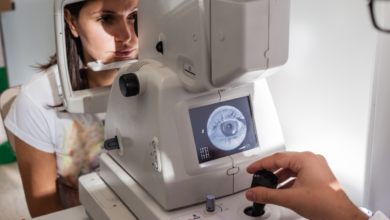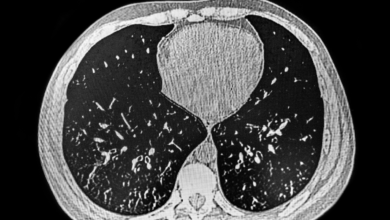Fever

What is Fever?
A fever is an elevated body temperature. It’s a common symptom of various illnesses and conditions, often indicating that the body is fighting off an infection.
what are the symptoms of Fever ?
Symptoms of Fever
In addition to an elevated temperature, other symptoms of fever may include:
- Chills
- Sweating
- Headache
- Body aches
- Fatigue
- Loss of appetite
- Nausea or vomiting
who can suffer from Fever ?
Anyone can experience a fever, regardless of age or gender. However, infants, young children, the elderly, and individuals with weakened immune systems may be more susceptible to developing severe fevers.
What are the types of Fever?
Types of Fever
Fevers can be classified based on their duration and pattern:
- Continuous fever: A constant temperature above normal.
- Intermittent fever: Temperature alternates between normal and elevated.
- Remittent fever: Temperature fluctuates but remains above normal.
- Relapsing fever: Periods of fever alternate with afebrile periods.
Which diagnostic tests are available for Fever?
Diagnostic Tests for Fever
To determine the underlying cause of a fever, your doctor may order:
- Physical examination: To assess your overall health and look for signs of infection or other conditions.
- Blood tests: To check for infections, inflammation, or other abnormalities.
- Urinalysis: To evaluate kidney function and detect urinary tract infections.
- Imaging tests: Such as X-rays or scans, to assess organs and detect abnormalities.
What is the treatment of Fever?
Treatment of Fever
The treatment for fever depends on the underlying cause. However, if the fever is not severe and you are otherwise healthy, it may be sufficient to treat the symptoms and allow the body to fight off the infection.
- Rest: Get plenty of rest to allow your body to recover.
- Hydration: Drink plenty of fluids to prevent dehydration.
- Over-the-counter medications: Acetaminophen or ibuprofen can help reduce fever and relieve pain.
- Prescription medications: If the fever is severe or due to a specific condition, prescription medications may be necessary.
Which diet I should take, if any ?
Diet for Fever
A balanced diet can help support your body’s ability to fight off infection and recover from fever. Focus on eating nutritious foods, including:
- Fruits and vegetables: Rich in vitamins and minerals.
- Whole grains: Provide energy and fiber.
- Lean proteins: For tissue repair and immune function.
- Hydration: Drink plenty of fluids, such as water, broth, or herbal tea.
Which speciality of the doctor will treat Fever?
- Physician
Is Fever completely curable ?
The curability of fever depends on the underlying cause. Fevers caused by self-limiting illnesses, such as the common cold, typically resolve on their own. However, fevers associated with more serious conditions may require medical intervention.
If you are experiencing a fever that is persistent, severe, or accompanied by other concerning symptoms, it is important to consult with a healthcare professional for a proper
evaluation and treatment plan.





